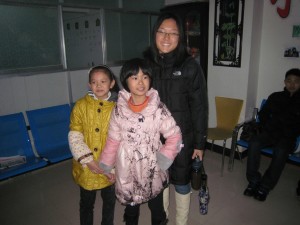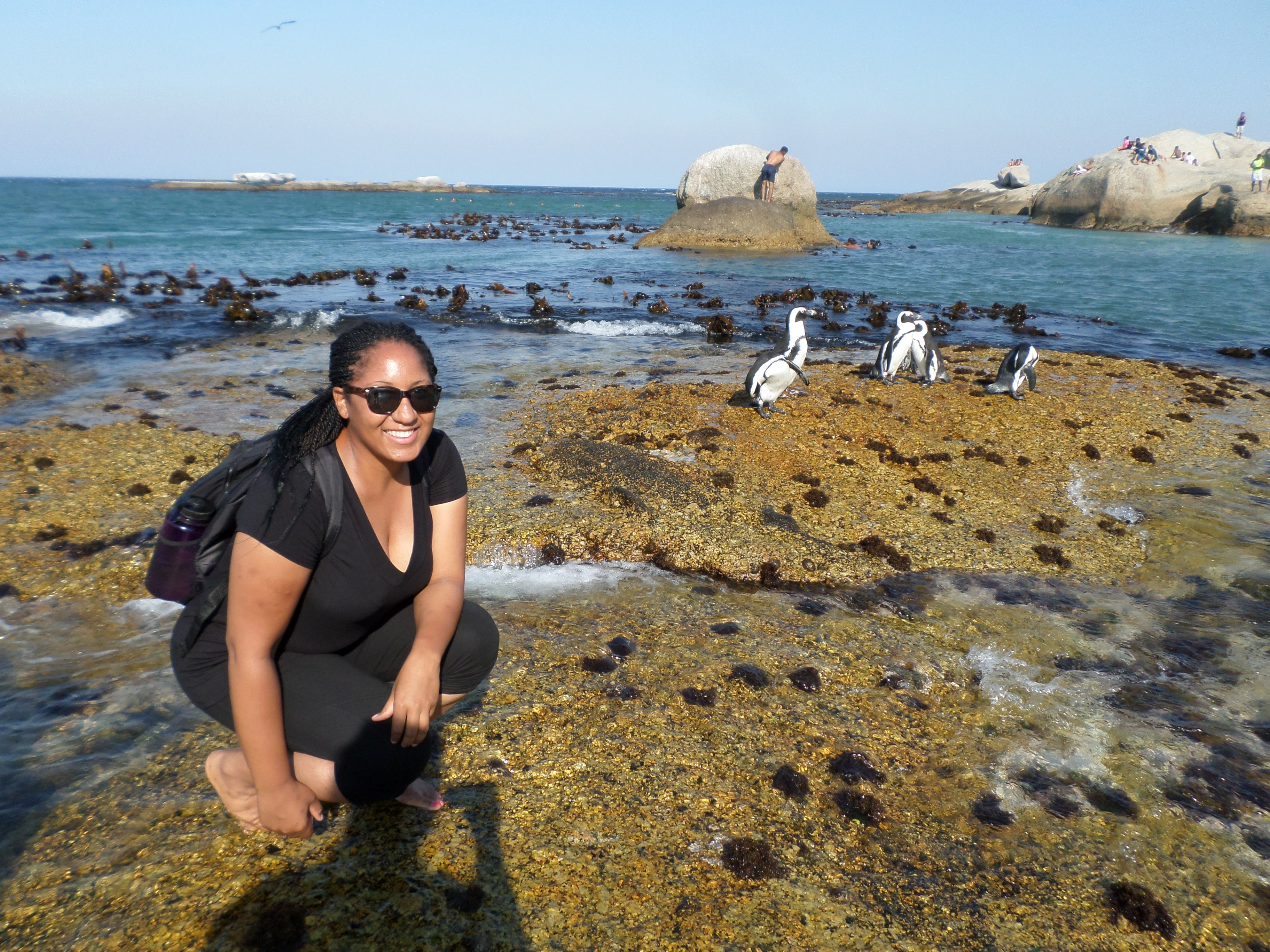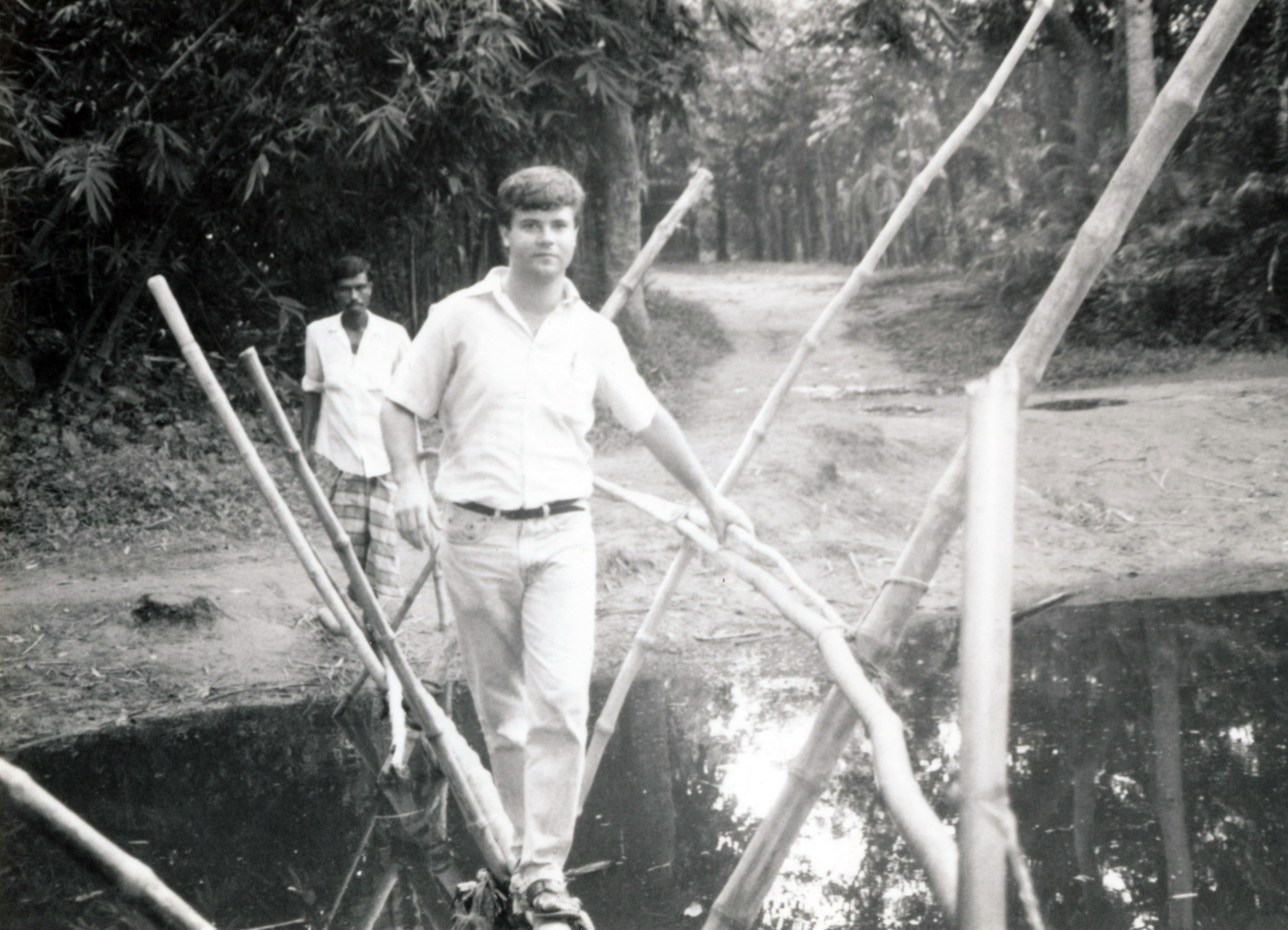 When the Airbus A320 began its descent towards Guiyang Dragon’s Cave Airport, I strained in my aisle seat to look out the window at what would become my home in China for the next ten months. The low-hanging clouds soon betrayed tiers of rice paddies etched into verdant hills, framed by Limestone Mountains cut precisely in the shape of Hershey’s Kisses. Ears popping and eyes closed, I mentally projected myself into the landscape below: I was a young girl sloshing through that field, trailing my mother and grandmother, hands and cheeks muddy.
When the Airbus A320 began its descent towards Guiyang Dragon’s Cave Airport, I strained in my aisle seat to look out the window at what would become my home in China for the next ten months. The low-hanging clouds soon betrayed tiers of rice paddies etched into verdant hills, framed by Limestone Mountains cut precisely in the shape of Hershey’s Kisses. Ears popping and eyes closed, I mentally projected myself into the landscape below: I was a young girl sloshing through that field, trailing my mother and grandmother, hands and cheeks muddy.
The jolt of the plane landing on the runway soon brought me back to myself. Guizhou, landlocked and underdeveloped, is home to a number of the 55 state-designated ethnic minorities, such as the Miao, Dong and Buyi. As one of the first China Fulbright student fellows affiliated in Guizhou Province, I studied female educational opportunities in rural ethnic minority areas at Guizhou University in conjunction with my advisor at Beijing Normal University. My research eventually illustrated that the rift in educational quality and opportunity between urban and rural areas is enormous and persistent, and I had the chance to witness it firsthand.
I remember a particularly memorable trip I took into the countryside. In December, I had the fortune of meeting with a group of school-aged girls enrolled in extracurricular English classes. Being of Asian descent, they at first could not believe I was American; why, I looked just like them! I told them that America was home to lots of different kinds of people and that I was a hua qiao, a Chinese term that essentially means “bridge between two cultures.” They looked amazed. I remember observing their proud gesticulations in class as they chanted: “Hello! I can speak English, so I want to talk with the world. English is beautiful! English is powerful!” They took my hands in theirs and peppered me with questions about America (“What is Disneyland like?” and “What do girls our age do?”). I taught them the Hokey Pokey that we gleefully danced together.
I constantly imagined myself in the shoes of most girls I met. Above all, empathy was the undercurrent upon which I built bridges of mutual understanding with others. When asked why I was in Guizhou studying rural education, I often told people that my mother too was from Guizhou, and that she had left the countryside to become a doctor. They understood. In the course of tracing her footsteps, her story paved the way for my Fulbright journey and its significance became ever clearer during my grant. I now believe I arrived in Guizhou both blind and deaf until I opened my eyes and ears to the stories told by girls I met and who shared their lives and dreams with me, and I with them. I am thankful for the roads we walked together.
My advice for prospective candidates applying for study or research grants:
- Choose an issue or project that you are particularly passionate about. It will come across in your application, and your passion will help you persist when the going gets tough.
- Find a mentor or professor at your institution that is knowledgeable in your field of study. She or he will be a great resource for you when developing your application and finding a potential host affiliation.
Photo: Cary Lin, 2010-2011, China, and several young students in a school in Guizhou, China



No Comments